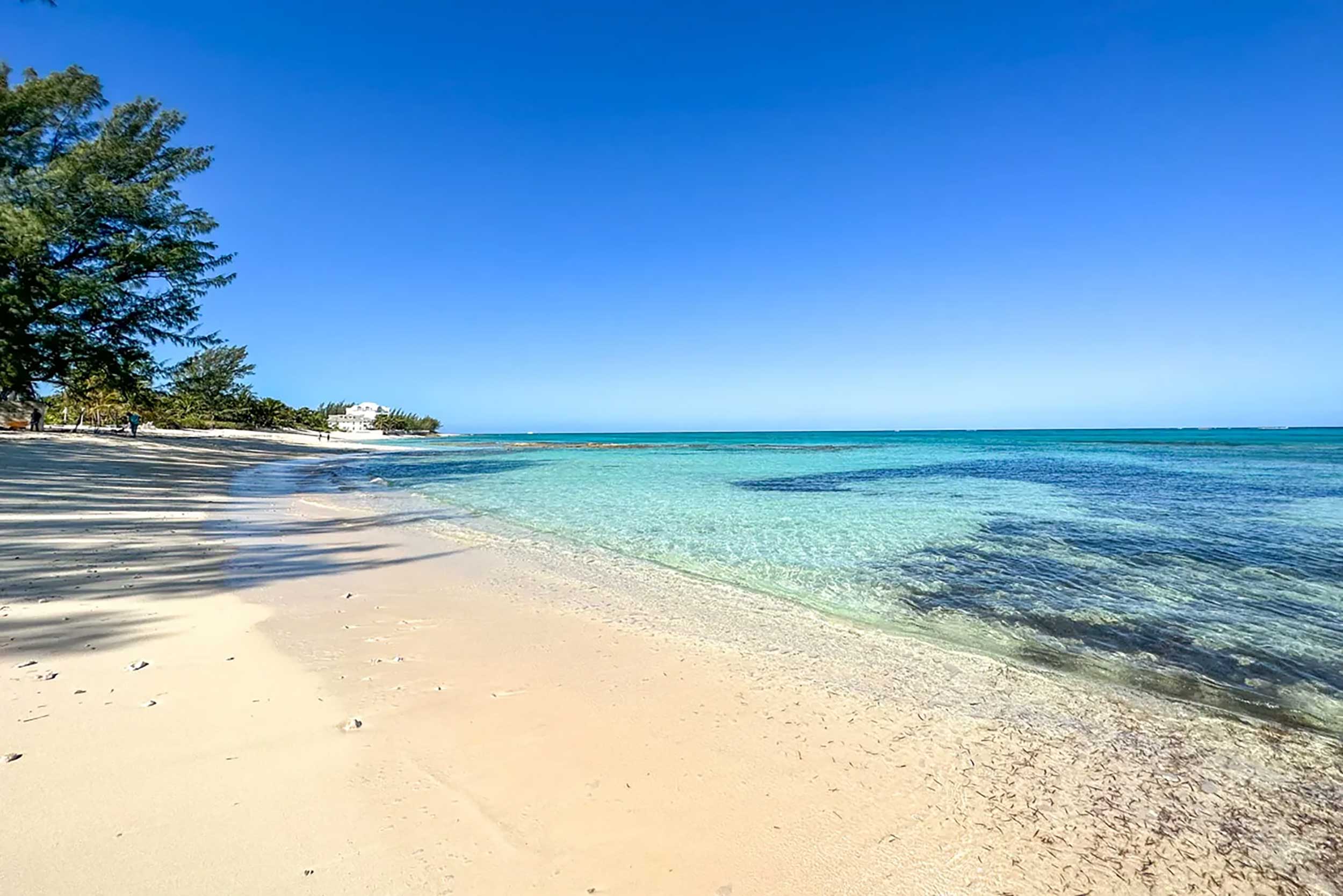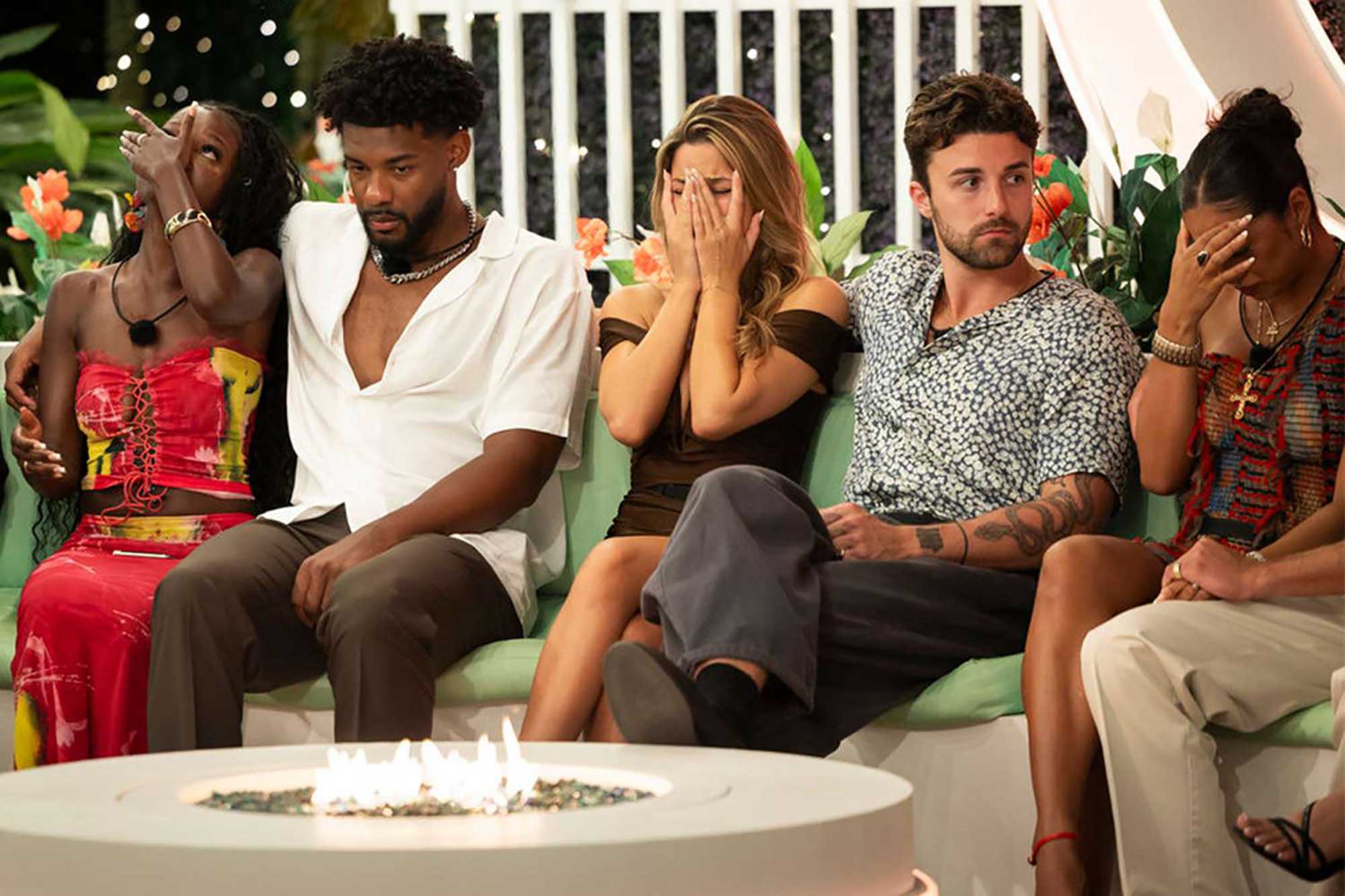

From the dramatic love triangles to the impassioned challenges, Love Island has once again claimed its spot at the center of entertainment culture.
The reality dating show features a group of singles, referred to as “islanders,” who live together in a luxurious tropical villa, cut off from the outside world, as they attempt to find love and win a cash prize. No phones, no communication, no connection. The end goal? To stay “coupled up,” whether for romance or strategy, as new contestants and challenges unfold, and votes from the public continue to shake things up. The show attempts to blend genuine connection with games. Is it about finding true love—or just staying in the villa long enough to win?
But as the viewers tune in night after night, there seems to be something more going on than just flirty fireside chats and multifaceted love games.
Our collective obsession with the show reveals something deeper about how we view entertainment, relationships, and even ourselves.
What is it that draws us to a love for chaos, curated vulnerability, and watching beautiful people cry on national television?
The Fantasy We Can’t Quit
At its core, Love Island sells a fantasy—one that’s equal parts of a romantic getaway and a social survival game. As humans we crave acceptance and inclusion. So to see others be outcasted, rejected, or dumped in front of millions taps into something a bit more primal or instinctive. It’s like watching a scene from our childhood unfold, only this time it takes place in paradise with better lighting and worse communication skills. The tension isn’t just about who’s coupling up; it’s about who’s getting left behind. And for some reason, we just can’t look away.
It also plays into what we yearn for. Imagine a sun-drenched villa where you don’t have to worry about work, rent, or your phone filling up with unread emails and texts from your parents. What is this hinting at? Responsibility. It’s not necessarily a bad thing to have an outlet where we can relieve our daily stresses and revert our attention to something considered “mindless entertainment.” But as soon as that outlet encourages us to disengage from simple empathy, desensitize ourselves to manipulation, or glamorize performative relationships, it stops being harmless.
This is what’s called escapism.
An Escape From Our Reality
It’s no secret that many of us choose to indulge in reality television as an escape from personal realities—we want to immerse ourselves in the heightened, dramatized lives of others. It makes our problems feel smaller, and perhaps less of a “big deal.” We’re able to watch as other (probably richer) people grapple with the loss a diamond earring in the ocean or a blindsiding by a partner in a recoupling.
It may have started as an escape attempt from our own lives. But Love Island, in addition to countless other reality shows, pushes this escapism to the edge, perhaps blurring the lines between harmless fun and emotional voyeurism.
It doesn’t just let us escape—it invites us to judge, obsess, and emotionally invest in relationships that are curated for maximum chaos.
But once we cover manipulative, lustful behaviors with six-packs, skimpy clothing, and layers of makeup, we start to forget what we’re really watching. We subconsciously leave behind our basic human compassion in favor of viral drama and carefully edited heartbreak.
And yet, we show up for it night after night.

The Ethics of Entertainment
It’s easy to get swept up in the glow of it all—but there’s a darker undercurrent to consider. We tend to forget that these contestants are often dealing with intense emotional stress, all while being mic’d up and monitored all hours of the day. We’ve watched as contestants shed tears, clearly in distress, and be forced to undergo the constant scrutiny of both the villa and viewers. So the question remains: Are we watching people fall in love or fall apart? Ask Huda Mustafa what she thinks.
Love Island may take place in a lavish villa, but it is arguably a petri dish—a controlled experiment to monitor human behavior. Throw a bunch of attractive, emotionally vulnerable people into a confined space, strip away all distractions and contact with the outside world, and see what happens.
The drama isn’t just encouraged—it’s engineered.
Why put a bunch of highly educated, emotionally intact, and respectable people in a reality television show? It doesn’t generate drama. And so, producers specifically look for contestants with quirks, insecurities, and influential personalities in order to cultivate an environment where drama can thrive.
And as viewers, it’s undeniable that we’re part of that ecosystem. We’re the ones wearing the lab coats, peering over the petri dish labeled Love Island. We literally have the upper hand in the game, voting contestants off the show.
We’re the ones mutilating the environment—building the contestants up with fan edits and social media follows just to turn around and tear them down in chat threads and snarky comments. It’s easy to laugh, to judge, and to pick favorites like we’re drafting a fantasy football team. But at some point we have to ask ourselves: Where is the fine line between entertainment and exploitation?
We want messy drama, but we also want to feel morally superior for recognizing the mess.
We subconsciously repackage poor elements for positive ones—toxic behavior becomes “lore” and red flags become “plot twists.”
It’s a complicated relationship.
What It Says About Us
It says we’re eager—not just for romance, but for connection, chaos, and a sense of control over everything, even if it’s just someone else’s love life. It gives us the chance to play spectator, commentator, and emotional detective simultaneously. We crave authenticity, yet we’re constantly drawn to the hyper-produced artificial. We roll our eyes at the drama, but secretly root for it to escalate.
It also uncovers a cultural shift in how we view relationships—as performance, as strategy, as content.
The very things that make this show addictive mirror the way many of us approach the dating sector in our own lives. We want to carefully curate the appearance of our relationships, put them out there for others to see, and make sure we always have a next step if things go south.
Love Island didn’t create this reality alone—it just put it under better lighting and better glam.
At the end of the day, the reality show serves as both a mirror and a mask. It reflects who we are, what we value, and how we relate to one another—allowing us to pretend, even for just a moment, as we watch from a safe distance in our own homes.
And maybe that’s the most revealing thing of all.
Sierra Ozolins is a West Michigan native, currently a student at Hope College. As an athlete, she is passionate about fitness—from running to weightlifting. With a interest for politics and lifestyle, she is intrigued how local culture, community, and everyday events shape the world around her—often with an iced coffee in hand and her dog by her side.